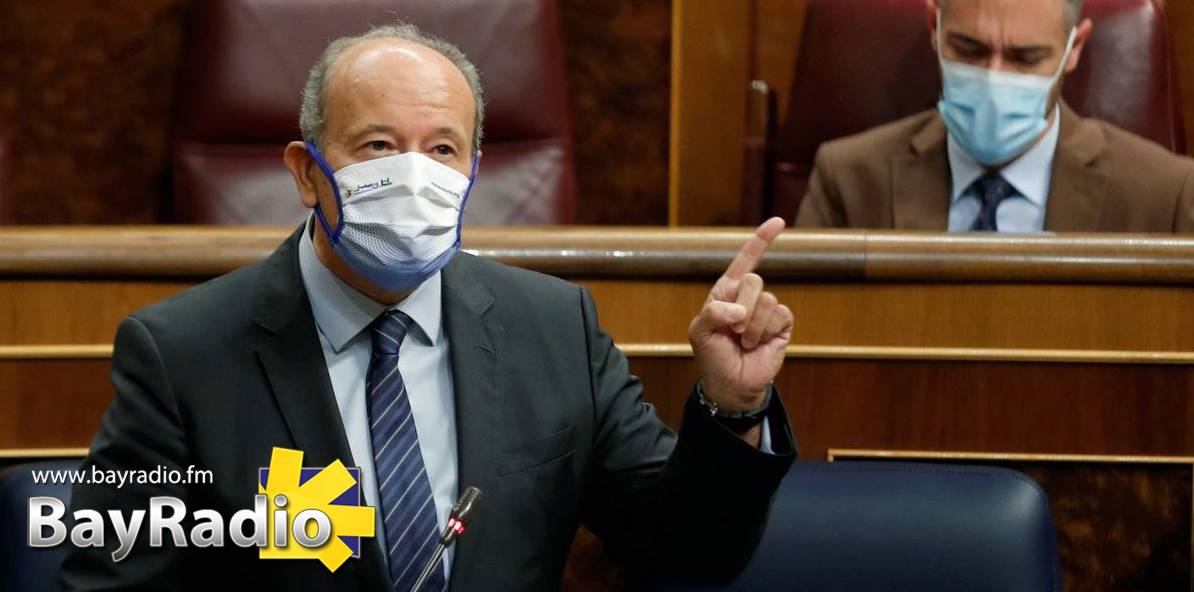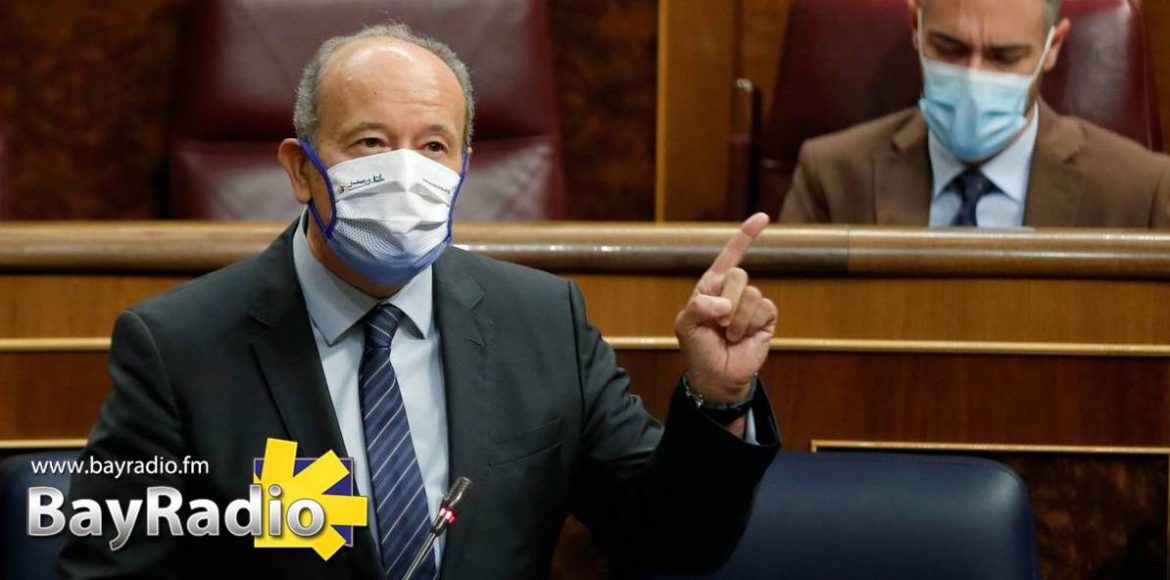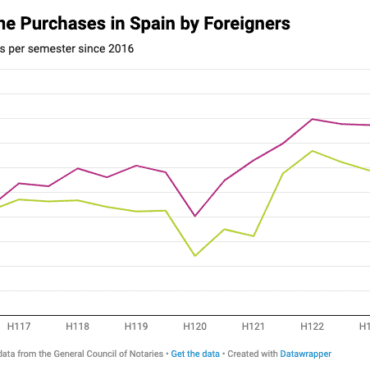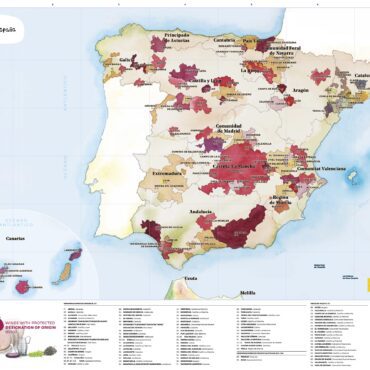-
 play_arrow
play_arrow
BayRadio Listen Live Broadcasting in Spain
Jailed Catalunya independence leaders could see sentences halved under sedition reform plans


The Spanish government is working on a reform of the criminal code that would halve the prison terms for sedition – a crime that several leaders of the 2017 Catalunyan declaration of independence are serving time for.
Justice Minister Juan Carlos Campo is expecting to have a draft bill ready before the end of the year, according sources in the Spanish executive, which is headed by a centre-left coalition of the Socialist Party (PSOE) and Unidas Podemos.
If the minority government secures approval for its reform plans, it will lead to an automatic reduction of the prison terms imposed on nine separatist leaders.
Each of the nine were sentenced by Spain’s Supreme Court to between 9-13 years behind bars for their role in the October 2017 unilateral independence from Spain.
The crime of sedition is described in section 544 of Spain’s Codigo Penal, and entails prison terms of up to 15 years for anyone found guilty of ‘a public and tumultuous uprising’ in order to ‘prevent the application of the laws, either by force or outside the legal channels’.
It is also sedition to ‘prevent any authority, official corporation or public servant from carrying out the legitimate exercise of their duties’.
Amnesty International have called for the release of prisoners, saying the interpretation of sedition in Spain was ‘vague’.
The international justice organisation however does not recognise the convicted officials as political prisoner nor prisoners of conscience.
It comes despite a number of those convicted, such as Oriol Junqueras, accusing Spain of jailing them for ‘political ideals’.
Political parties feuded over the prison sentences handed down on 14th October, 2019.
Leftwing Podemos leader Pablo Iglesias saying there was ‘no violence’ in the declaration of independence – a key feature of conviction for sedition.
“But beyond the strictly legal debates, this sentence will go down in the history of Spain as a symbol of how not to deal with political conflicts in a democracy,” he said at the time.
Meanwhile centre-right Partido Popular leader Pablo Casado said the sentences would help to ‘preserve public order and to avoid violent attitudes in the streets’.Mina Andreeva, Spokeswoman for the European Commission said: “This is and remains an internal matter for Spain, which has to be dealt inline with its constitutional order.
“The European Commission fully respects the Spanish constitutional order, including the decisions of the Spanish judiciary. On the protests I can only reiterate that of course, the right to demonstrate peacefully and to express one’s opinion is guaranteed throughout Europe”.
The last prosecution for sedition in the United Kingdom was in 1972, when three people were charged with seditious conspiracy and uttering seditious words for attempting to recruit people to travel to Northern Ireland to fight in support of Republicans.
Written by: BayRadio News
Similar posts
Recent Posts
- Robotic Surgery for Prostate Cancer: What Is Radical Prostatectomy and How Does the Da Vinci Robot Improve It
- What Is Fibromyalgia? Symptoms and Treatments of an Invisible Illness That Requires Specialized Attention
- AMASVISTA Glass: 10 reasons to choose SUNFLEX glass curtains
- Robotic Surgery, Immunotherapy and Comprehensive Care Take Centre Stage at Pancreatic Cancer Conference at Quirónsalud Torrevieja
- Robotic Surgery Against Ovarian Cancer: Greater Precision, Less Pain and Faster Recovery

Ctra. Cabo La Nao, CC La Nao, Local 6 03730 Javea, Alicante, Spain
Advertise with us
Do you have a business in Spain? Do you provide a service to the expat community in Spain? Would you like your message to reach over 500.000 people on a weekly basis?
BayRadio is a community orientated radio station offering fantastic content to our many listeners and followers across our various platforms. Contact us now and find out what Bay can do for you!
Our business is helping your business grow.
BAY RADIO S.L. © 2024. ALL RIGHTS RESERVED. WEB DESIGN BY MEDIANIC







